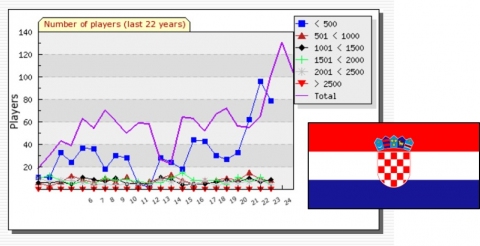
Go clubs and teachers
The most important go school in Croatia is based in Velika Gorica, a city with "Go" in its name. Mladen Smud, 5d, is active in go for more than 55 years. Although he recently lost most of his eyesight, he devoted most of his life to teaching children how to enjoy the great game. Assisted by Zvonko Bednjanec, 1d, he made the first series of intensive go courses in schools, which resulted with several strong players including former Croatian champion Matej Zakanj, 5d, and the current champion Stjepan Mestrovic, 2d, both from Velika Gorica.The second very important go centre is Veliki Grdjevac, a small village with a lot of cultural heritage. Apart from a famous writer of books for children, it is a home of Velimir Kuhar, 5d, who - together with his brother Ivica (who passed away too early) - has been running the oldest go club in the country, established in 1971. The name of the club is “Gordowa”, again with “Go” in its name. Recently, go clubs were established in Zagreb, the capital of Croatia, and regular activities started in many schools. Since its foundation in 2012, Confucius Institute of the University of Zagreb actively supports go courses and events. The game of go is a subject regularly taught at the Faculty of Philosophy of the University of Zagreb.
During last 10 months, all these small go actions united into coherent projects and five active go clubs formed a national sport association, led by Zoran Mutabzija, 5d, who was the European champion back in 1967 and in 1971. We expect that Croatian Go Alliance is going to be a member of Croatian Olympic Committee by the end of 2019!
Number of young players
Five years ago, only two children played go actively. Currently, there are almost 100 children playing in go tournaments on a regular basis. Most of children are younger than 12 years, striving to the single-digit-kyu level. The encouraging fact is that more and more schools are starting go sections, with new teachers who are not strong go players.Tournaments for youth
After a long cold winter, the spring of Croatian youth go started with a single courageous move: in Summer 2016 Croatian Igo Alliance applied to a Call for Proposals of Croatian Ministry of Science and Education with a project named "Go - the game that is teaching us how to think". The application was successful and - with the support of Nihon ki-in, Catalin Taranu, 5p, visited Croatia in May 2017, at that time a "white spot" at the European youth go landscape. The projects supported by Ministry of Science and Education, cities of Zagreb and Jastrebarsko extended for next two years.
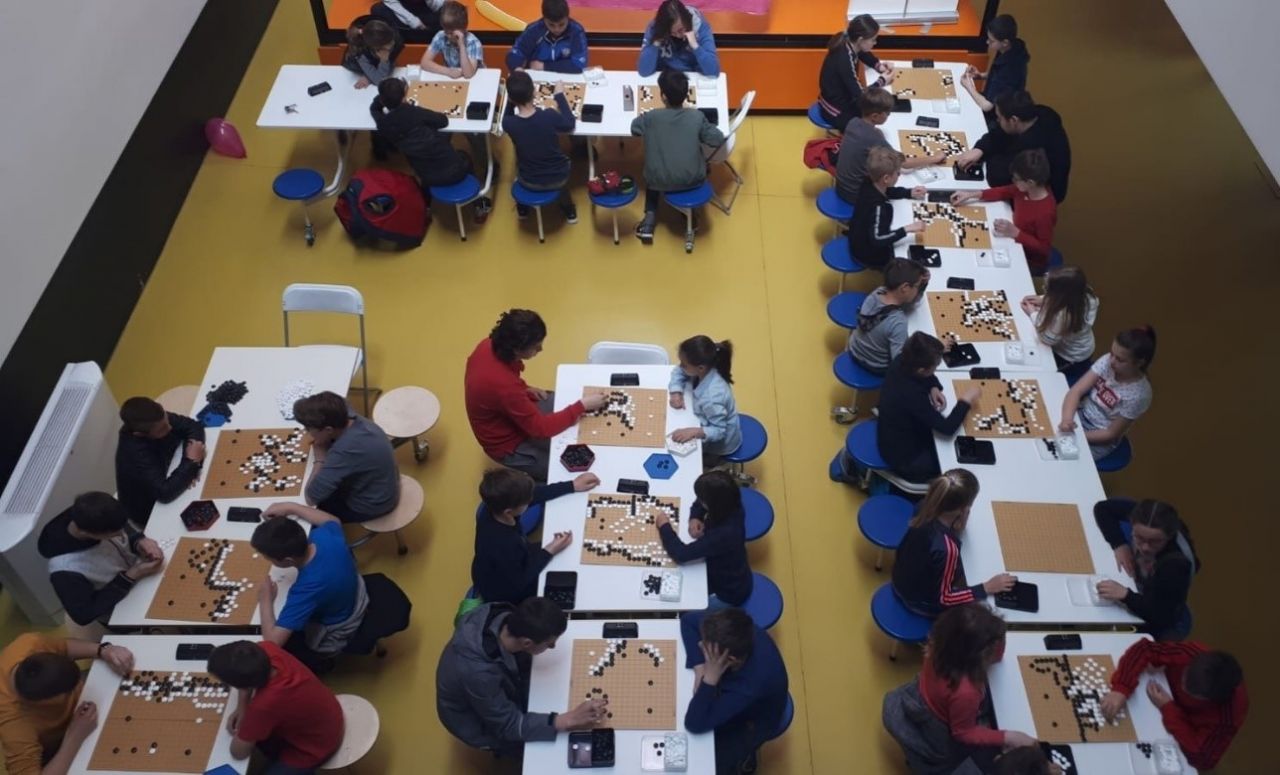
The major breakthrough happened as we started the School Go League in January 2018: as children realized there is somebody of their age and level to compete with, the number of young players exploded. The tournaments are organized in schools, more experienced children play games with reduced handicap, whereas beginners (with rating less than 150) play in a special group. For the first time in history, Croatia had several representatives both at the EYGC in Kiev and at the EGC in Pisa. The Second Croatian Go Week included a nice spring camp of EGF Academy and a strong European Grand Prix tournament. The report is available: https://www.eurogofed.org/index.html?id=207
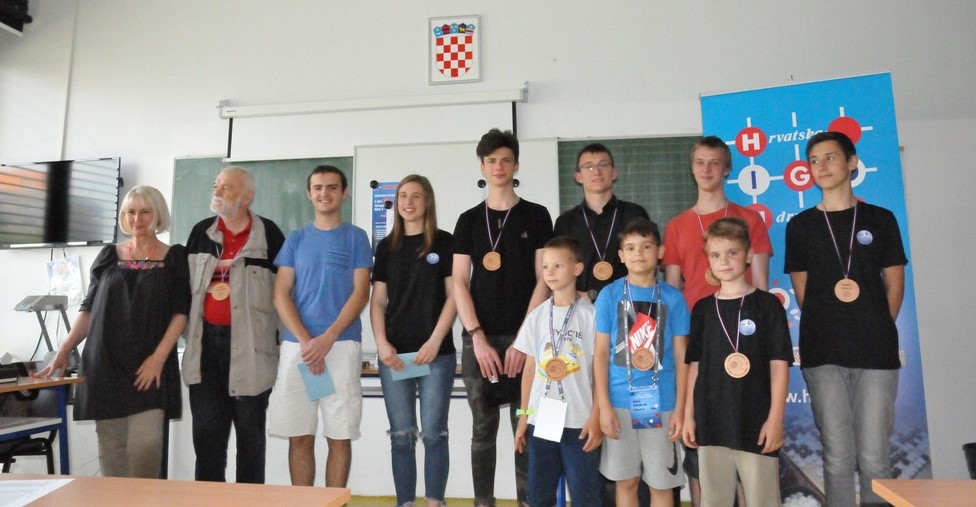
The Croatian team for EYGTC 2018 (a great youth tournament played on KGS) consisted of maximal number of 15 players. The first Youth go championships in Croatia, played in December 2018, gathered 33 players.
The complete statistics on numbers and ranks of go players in Croatia for the period 1996-2019 is available in the European Go Database:
http://www.europeangodatabase.eu/EGD/Stats_Country.php?ricerca=1&country_code=HR
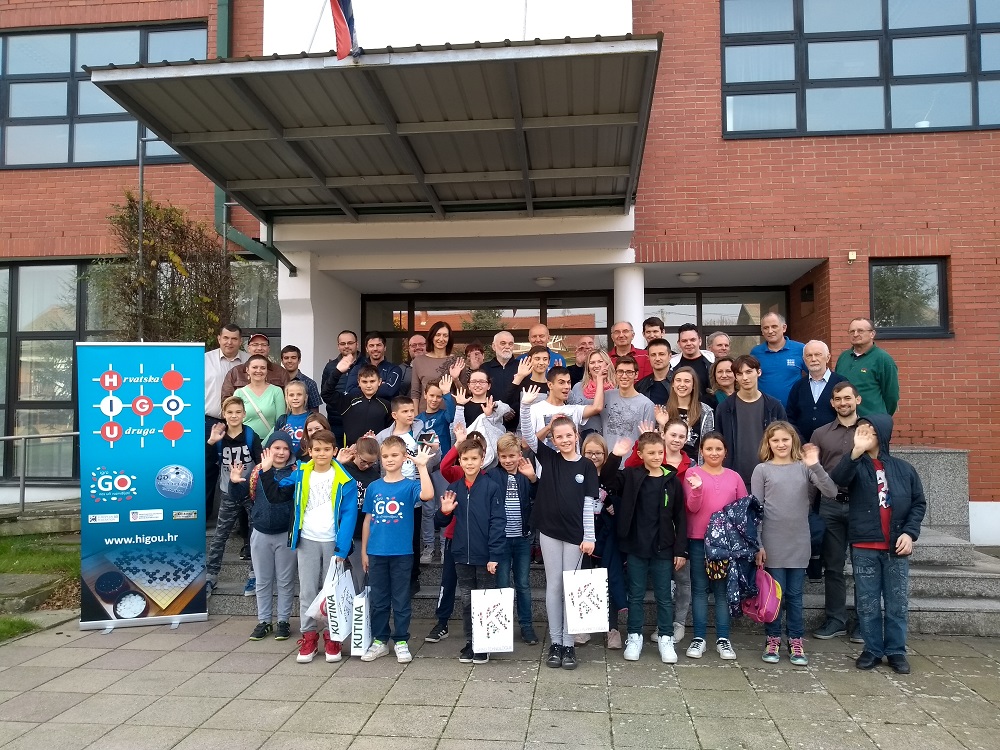
The year 2019 is very special: after the start of the new initiative SEYGO Tour, Croatian Igo Alliance successfully applied for a project financed by the Croatian Central Office of Sports. It is the first time that Go has been recognized as a sport. The SEYGO Summer Go Camp in Zaostrog, to be held in July 2019, became one of the largest youth go tournaments in Europe.
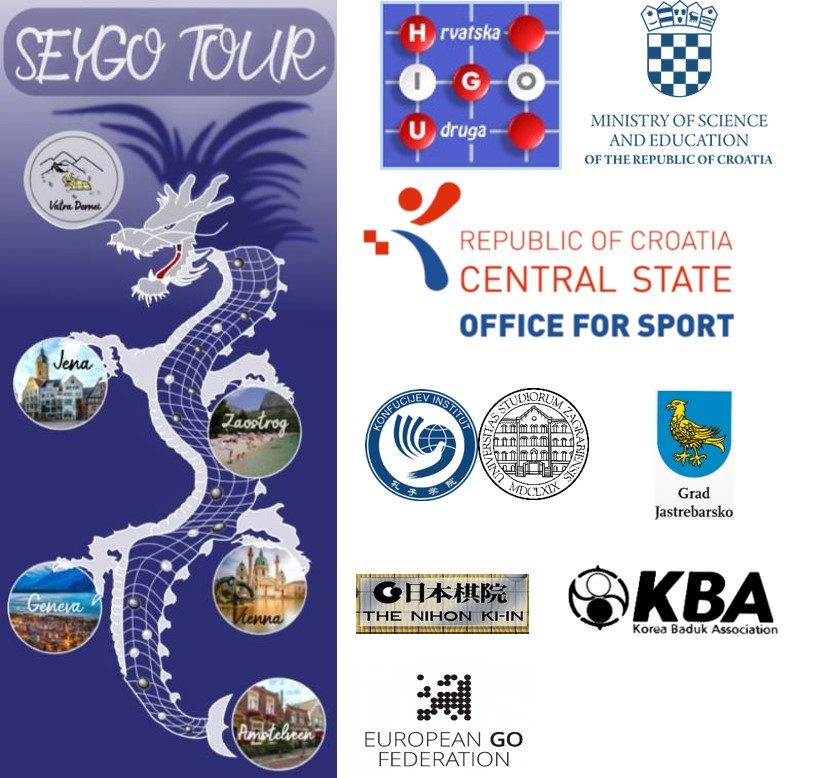
We are expecting the results of the Call for Proposals related to Erasmus+Sport, and we are looking forward to a great event in March 2020: 25th European Youth Go Championships will be held in Stubicke Toplice, a thermal spa near Zagreb. Aside important support by the national ministry, the Central office of sport, and cities, we are thankful for donations from Japan and Korea.
The lessons we learned so far
First, the school age (8-10 years) is the best target group and the support of (a) school teacher(s) is essential. When combined with the enthusiasm of parents and the opportunity to travel, meet and compete, the sky is the limit. It is important to equally encourage the best players and beginners.
Second, at a certain point, a (small group of) person(s) willing to write project proposals is needed. Most countries provide financial incentives for healthy education and/or sport. Once go clubs and associations learn the rules of public calls for proposals and responsible use of public money, the cooperation with schools and the local community can "move mountains".
Third, the future of go in European countries depends on its perception as a regular (mind) sport activity. We should not neglect the educational benefits of go - it is the excellent added value which makes go so unique. There are so many sport-related elements which must be stressed as well: fair-play, fighting spirit, code of ethics, competitiveness, respecting of opponents. In such environment, we have the chance to develop the network of teachers/coaches, arbiters and organizers which must attract sponsors raising the visibility of go.